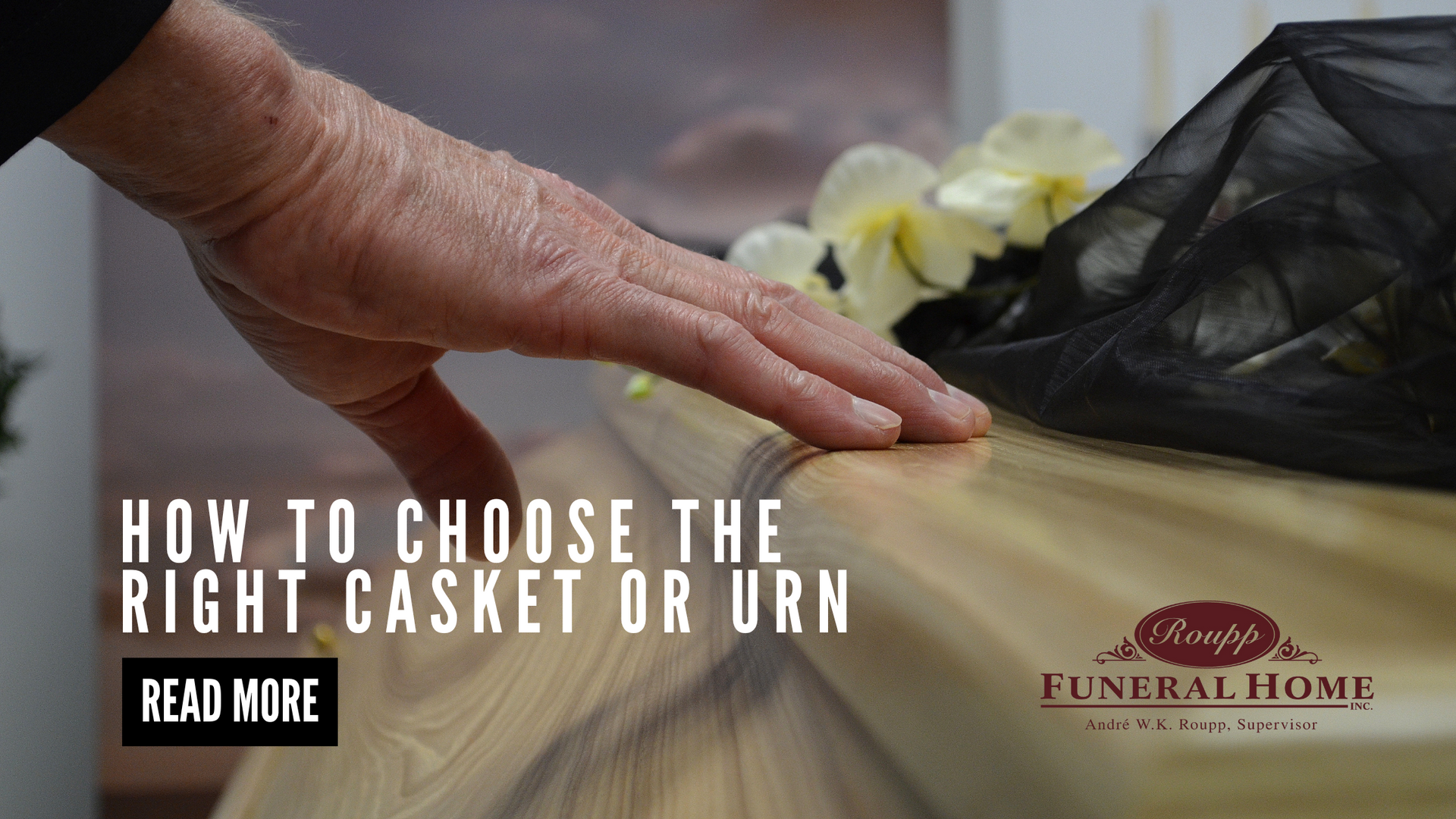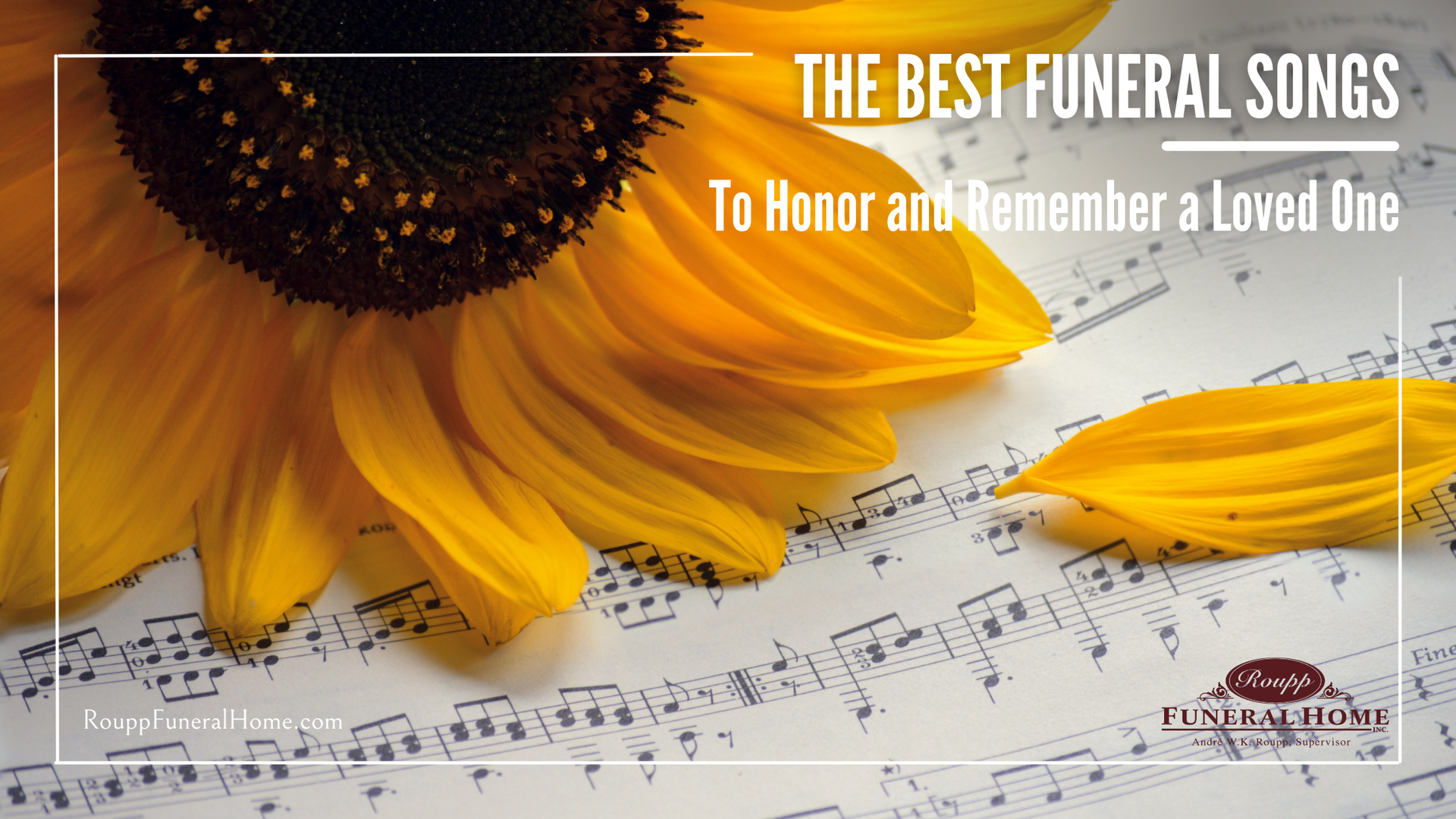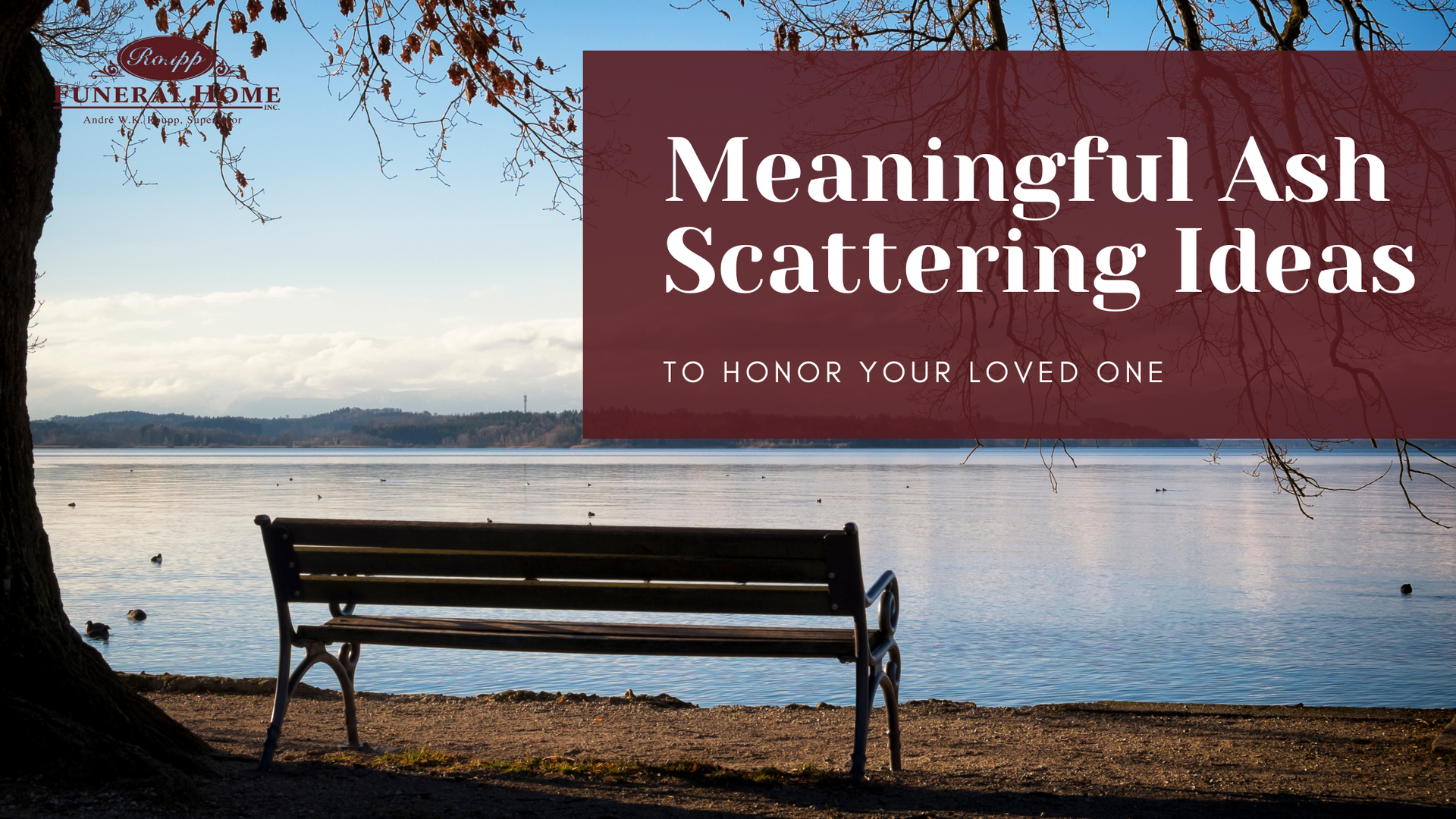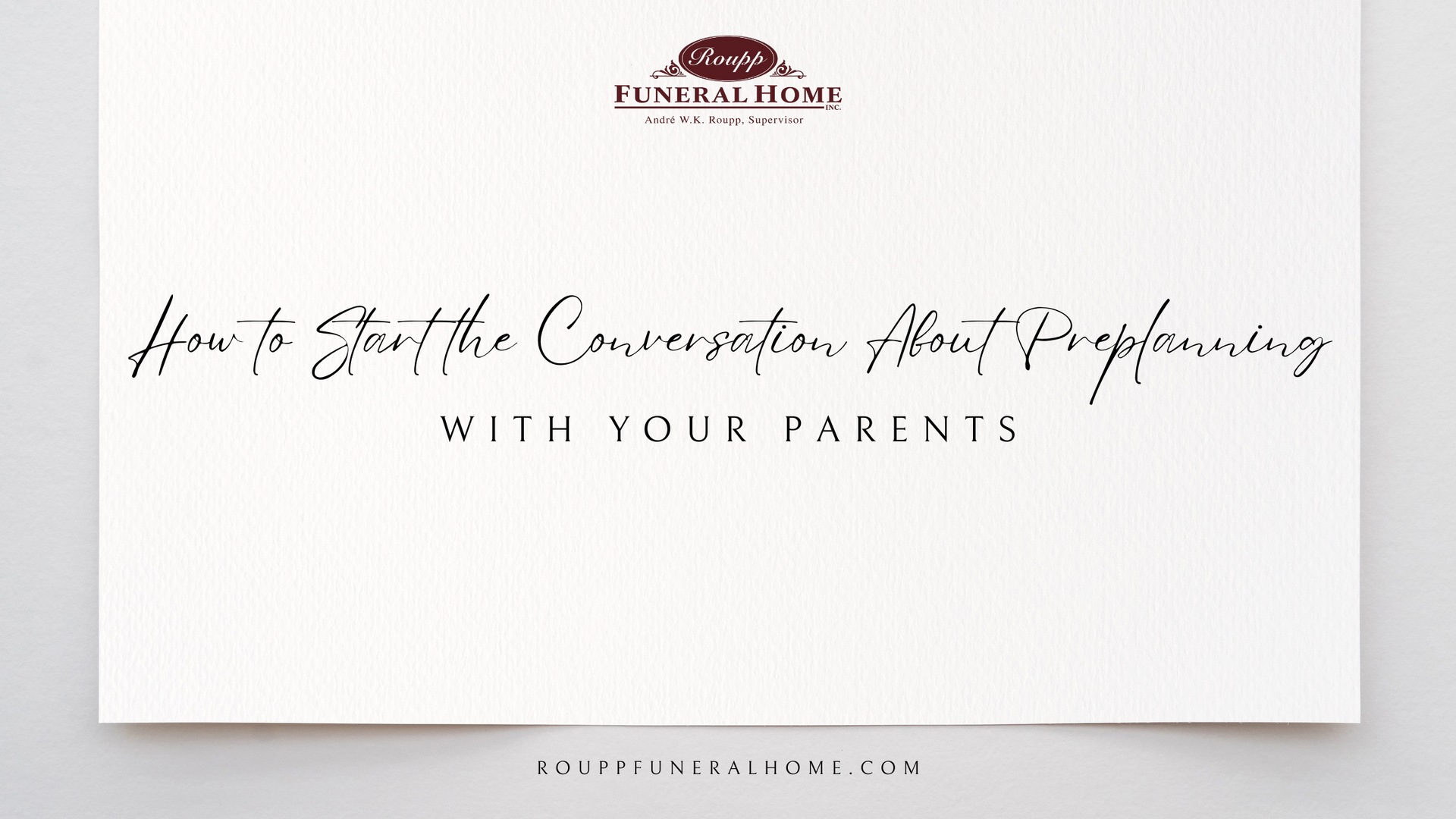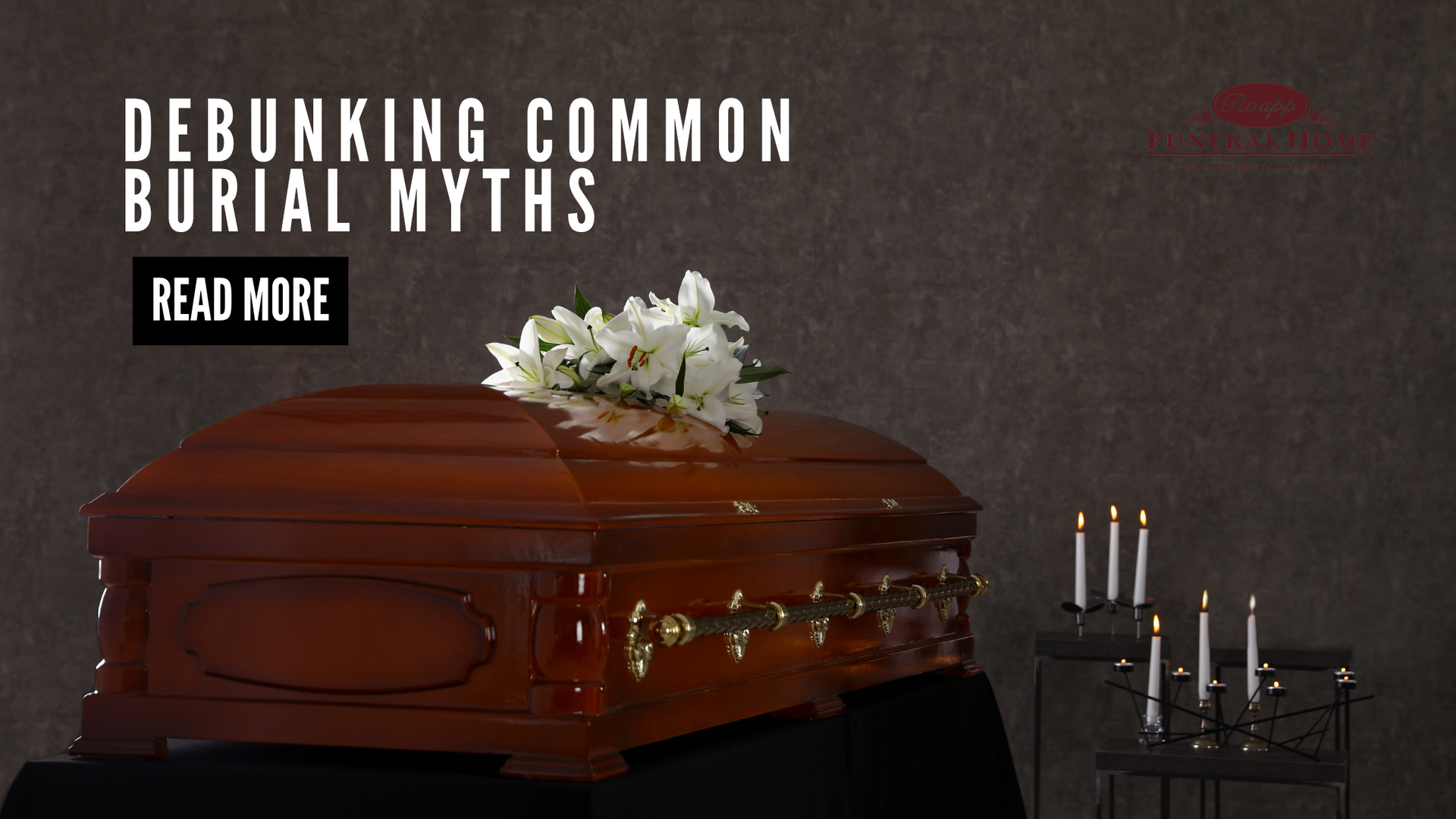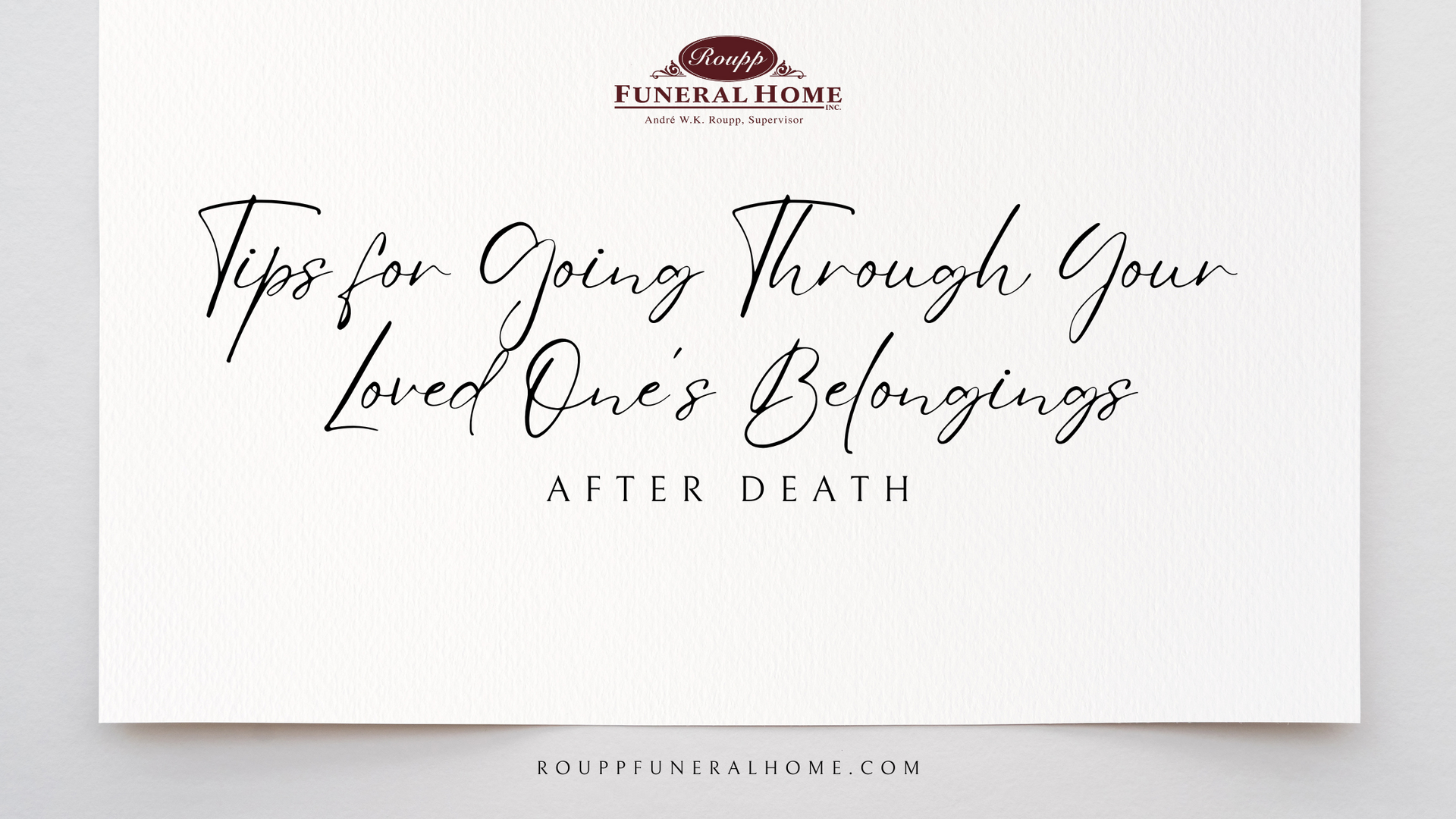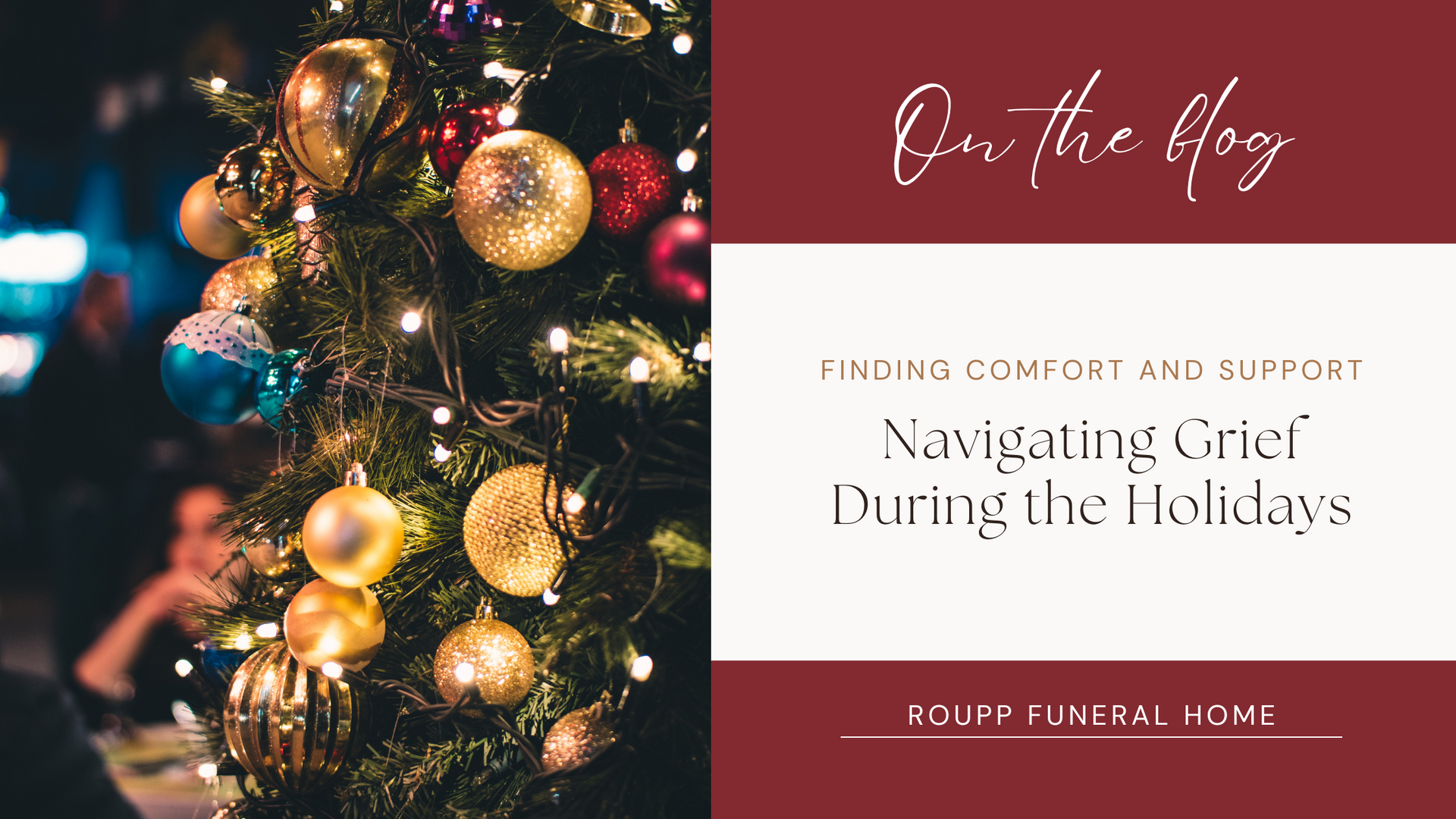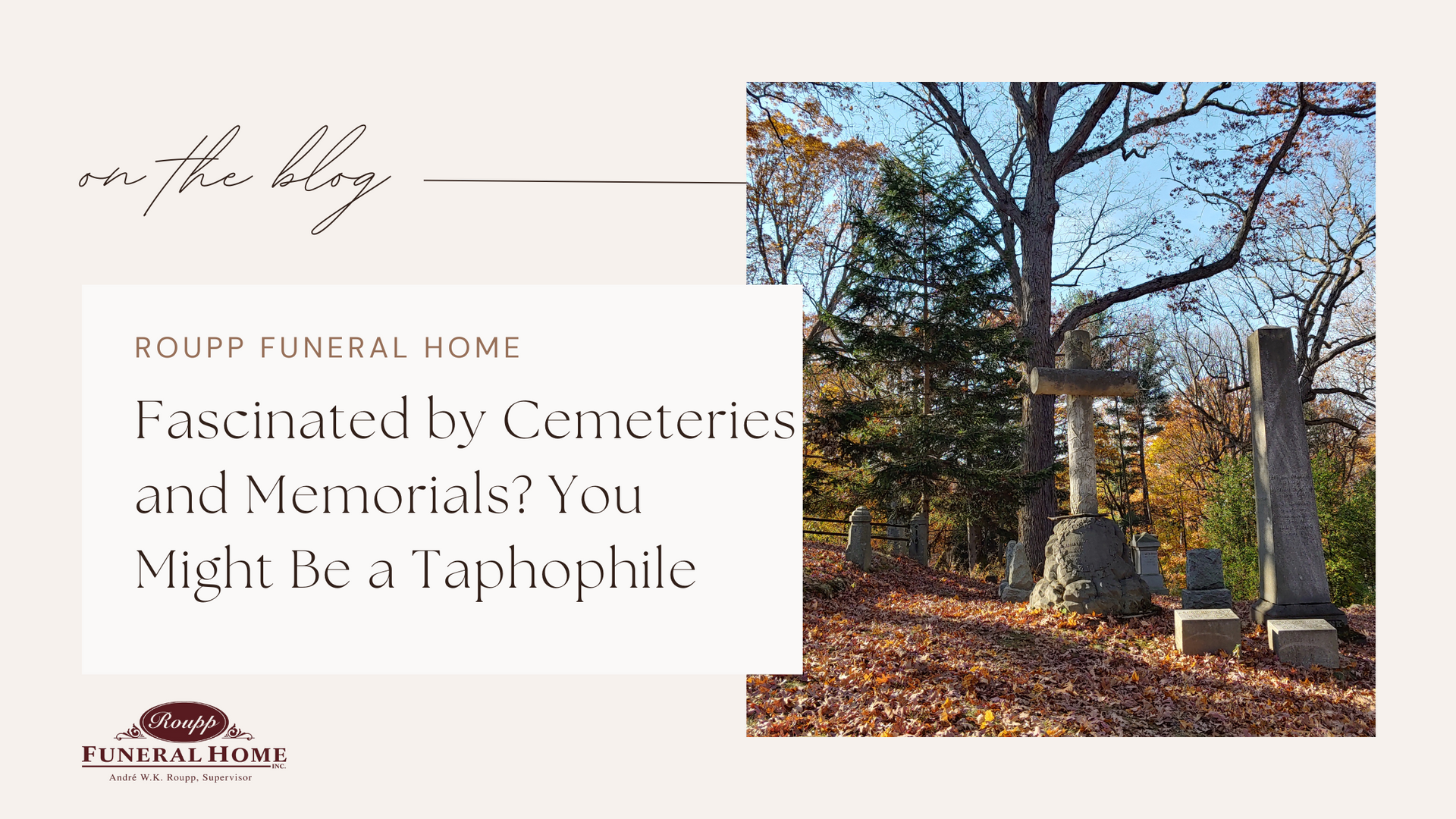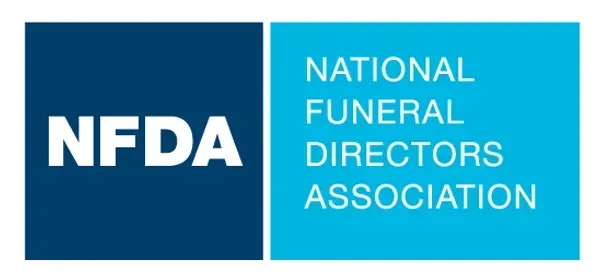When To Call a Coroner
Dealing with the death of a loved one is never easy, and in times of grief, many questions can arise about what to do next. One of the most common questions concerns when to call a coroner. While this process can seem daunting, it is important to understand the circumstances under which a coroner needs to be involved. Here we’ll explain when and why a coroner may be required, and how to properly handle the situation.
What is the Role of a Coroner?
A coroner is a medical professional responsible for investigating deaths, particularly in cases where the cause of death is unknown or suspicious. The primary goal of the coroner is to determine the cause and manner of death, ensuring that all legal requirements are met. They play a critical role when a death occurs under circumstances that need further investigation, or when it is required by law.
However, not all deaths require the involvement of a coroner. In fact, there are many situations in which a coroner’s office does not need to be called, and the process of handling the deceased is much more straightforward.
When the Coroner is Not Involved
In most cases, when a loved one passes away under the care of a doctor, the coroner is not involved. For example:
1. When the Deceased Was Under a Doctor’s Care
If the deceased had a known, terminal illness and was under the care of a doctor, the process is relatively simple. The attending physician will officially declare the death, which is often the case with those who are in hospice care or have a known terminal condition.
Once the doctor pronounces the death, the funeral home can take over the responsibility of transporting the deceased. The body will be transferred to the funeral home where the family can begin making funeral arrangements. Since the death was anticipated and there is no suspicion of foul play or unusual circumstances, the coroner does not need to be involved.
2. When Death Occurs in a Healthcare Facility
Similarly, when a person passes away in a hospital, hospice, or nursing home, and the death is expected or the person was under care for a terminal illness, the attending physician will handle the declaration of death. The funeral home will work directly with the healthcare facility to arrange for transportation of the deceased.
When to Contact a Coroner
In certain situations, the involvement of a coroner becomes necessary, especially when the cause of death is unclear, unexpected, or potentially suspicious. The coroner will investigate these circumstances, which often includes determining the cause of death, ruling out foul play, and ensuring proper legal documentation. Below are a few situations when a coroner must be called.
1. Unattended Death
An unattended death refers to a situation where the deceased passed away without anyone present, or there was no one to witness the time of death. This might happen when someone dies suddenly at home or in a secluded place. In these cases, the coroner is called to investigate the circumstances surrounding the death. The goal is to ensure that there are no suspicious circumstances and that the cause of death can be determined.
In some cases, the coroner may request an autopsy to investigate further, especially if the cause of death cannot be immediately determined. Once the investigation is completed, the coroner will release the body to the funeral home chosen by the next of kin.
2. Unexplained or Suspicious Death
If the cause of death is not immediately clear, or if there are concerns about foul play, the coroner must be involved. This includes cases where someone dies suddenly without a known cause, or if there are indications that the death may not have been natural. For example, deaths from overdose, violence, or unexplained injuries require investigation by the coroner.
The coroner will determine whether an autopsy is necessary to uncover the cause of death. Once the investigation concludes, the body will be released to the funeral home, and funeral arrangements can proceed.
3. Death Occurs in a Public Place
If a person dies in a public place or under circumstances that seem out of the ordinary, the coroner may need to get involved. Whether it’s an accident, an unexpected death, or a death that happens in transit (e.g., while traveling or at work), the coroner will examine the scene and determine the appropriate next steps.
In any case, the coroner's investigation will ensure that all legalities are met, and the cause of death is properly documented.
The Role of the Funeral Director
Once the coroner has investigated the death and completed their report, the funeral director can take over. A funeral director is the person responsible for coordinating the transportation of the deceased and arranging funeral services. However, a funeral director cannot transport the deceased until the coroner or another medical professional has pronounced the time of death.
If you are unsure about whether the coroner needs to be involved, the funeral home can provide guidance. Funeral directors are experienced in working with coroners and will ensure that the proper steps are followed.
How to Contact a Coroner
If you find yourself in a situation where a coroner must be contacted, the first step is to call 911. When you call, inform the dispatcher that someone has passed away, and they will send either an emergency medical technician (EMT) or coroner to the scene. They will assess the situation, determine if an investigation is necessary, and take the required actions to ensure that the death is properly documented.
Once the coroner’s investigation is completed, they will release the body to the funeral home. The family can then begin making funeral arrangements, and the funeral director will assist in guiding you through the next steps.
Understanding when and why a coroner is needed can be an important part of navigating the loss of a loved one. If a death occurs under normal, expected circumstances, the process is often straightforward, with no need for the coroner’s involvement. However, in cases of unattended or unexplained deaths, the coroner must step in to ensure that the cause of death is properly determined.
At Roupp Funeral Home, we understand that this process can be complex and emotionally overwhelming. We are here to guide you every step of the way, ensuring that all necessary procedures are followed with care and respect for both the deceased and their loved ones. If you have questions about when to call a coroner or need assistance with funeral planning, please reach out to us. We are here to help you navigate this difficult time.

